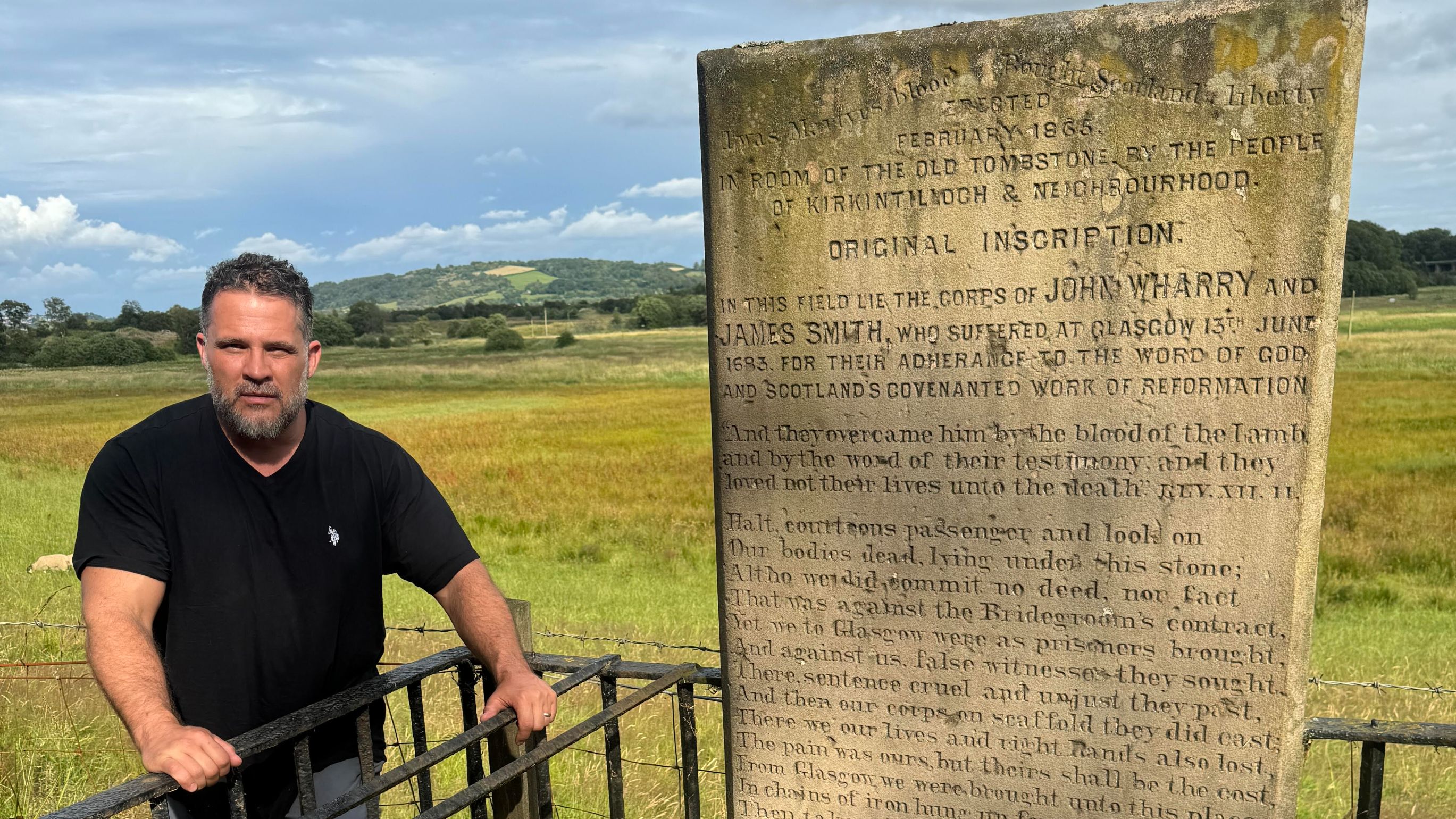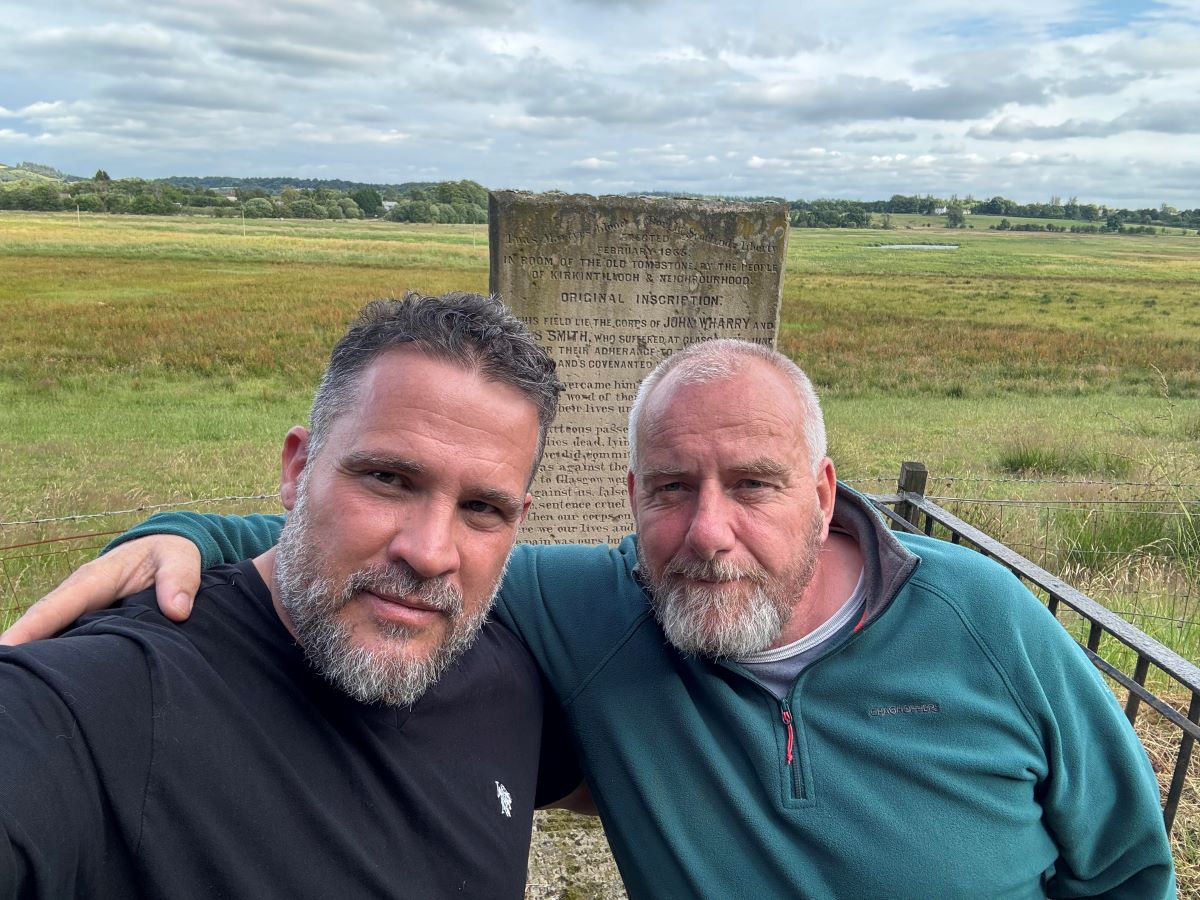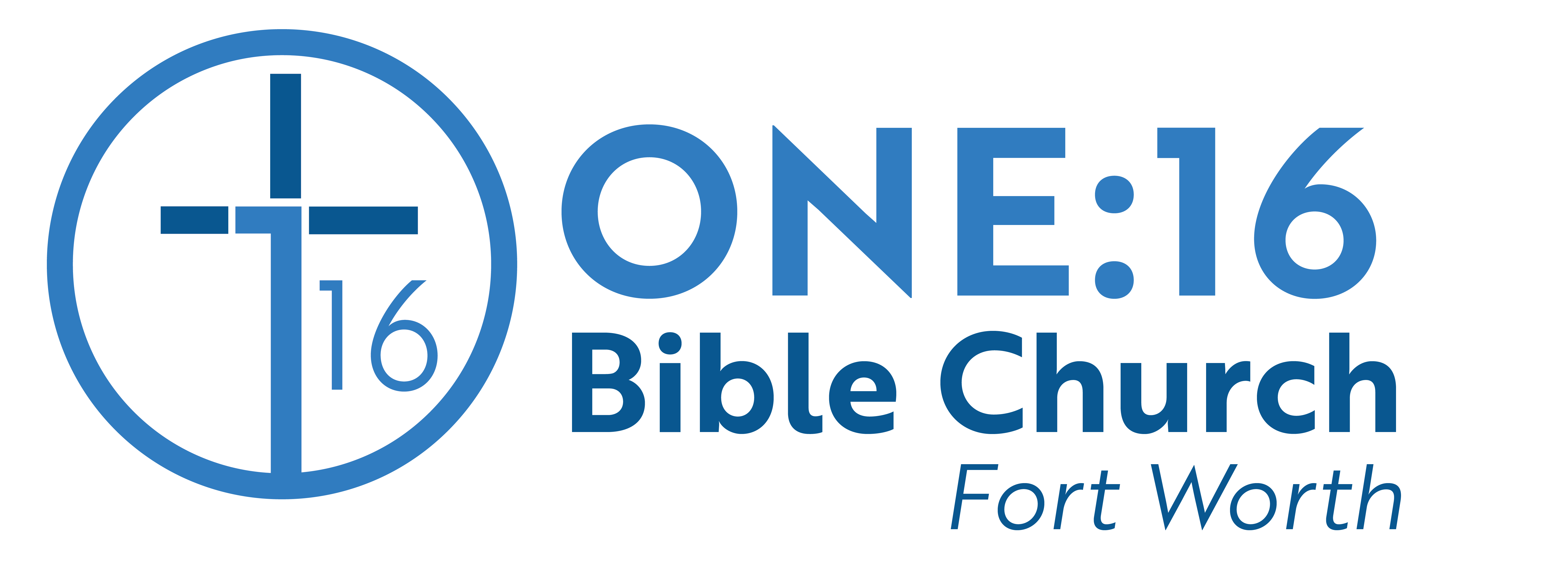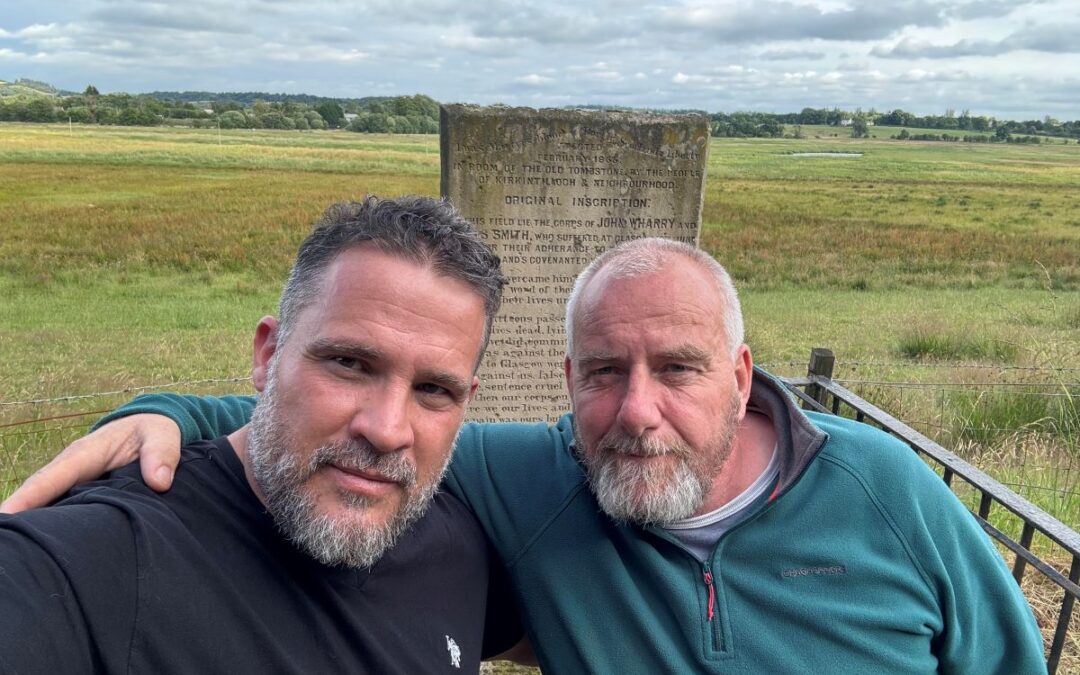
The road was a busy one, and narrow as well! If you don’t pay attention, you could get run over real easy!
The fields and hills are absolutely breathtaking. I asked Dermot if he ever gets tired of seeing all this beauty, his reply was, “never.” We came upon the spot, and I could see two stones. The original stone was laying flat on the ground. It was faded and worn due to its age, but someone erected a new stone right above it where you could read what was written on the original stone.
Here in this spot, were two men that stood up for Christ, and died at the hands of wicked men. They were both hung.
As a stood there, I really couldn’t say anything, but rather took inventory of my own life, and how I would react if the same thing happened to me. These men, after three hundred years, were still preaching their faith to me. “Being dead yet speaketh.” (Hebrews 11:4)
I whispered quietly to the Lord, and asked Him to forgive me for not being as bold as I should, and not cherishing the gospel like I should, even my salvation that was purchased by the priceless blood of Christ, that my gratitude would increase, and that I too would always be willing to lay my life down for the one who laid His life down for me.
Great conviction laid a hold of me, and I prayed that I would never forget all the men and women throughout history that laid their lives down for Christ. That if need be, I too would not flinch If that day came for myself.
It also gave me a strong feeling of gratitude for these men who did not back down, nor compromise when faced with death for the gospel’s sake.
I am so thankful for the opportunity to visit this spot. (Thank you Dermot)
The place is called:
Inchbelly Martyrs’ Gravestone
This is what happened…
John Wharry was the younger brother of the Laird of Scorryholm, a small property on the Logan Water, about three miles to the south-west of Lesmahagow. He and James Smith, his companion in martyrdom, were discovered sitting in a lonely part of a wood at Inchbelly Bridge, by a party of soldiers in search of some country people who had rescued a prisoner they were taking to Edinburgh. In the scuffle some on both sides were wounded and one soldier killed; but the countrymen having accomplished their object, dispersed. The soldiers rallied, and being enraged at their defeat, searched the places around in the hope of recovering their victim. In this way they came upon Wharry and Smith not far from where they were attacked. They had no arms, but only a walking-stick in their possession. On the assumption that they belonged to the party who had rescued the prisoner, they were seized and taken to Glasgow.
On their trial no witnesses could be found to prove that they were among those who had assailed the soldiers, but it was sufficient evidence they were found near the spot In the absence of all proof, they were condemned to have their right hands cut off, then to be executed, and their dead bodies afterwards to be carried to Inchbelly Bridge, and there suspended in chains. They were ultimately buried on the spot where they were taken.
The inscription reads:
Erected February, 1865. In room of the old tombstone, by the people of Kirkintilloch and Neighborhood.
Original Inscription. In this field lies the corps of John Wharry, and James Smith, who suffered in Glasgow, 13 June 1683, for their adherence to the Word of God and Scotland’s Covenanted Work of Reformation.
And they overcame them by the blood of the lamb, And by the word of their testimony; and they Loved not their lives unto the death.—Rev. xii. 11.
Halt courteous passenger, and look on
Our bodies dead, & lying under this stone.
Altho’ we did commit no deed, nor fact
That was against the Bridegroom’s contract,
Yet we to Glasgow were as prisoners brought,
And against us false witness they sought.
Their sentence cruel and unjust they past,
And then our corps on scaffold they did cast.
There we our lives and right hands also lost.
From Glasgow we were brought unto this place
In chains of iron hung up for certain space,
Then taken down interred here we ly—
From ‘neath this stone our blood to heaven doth cry.
Had foreign foes, Turks, or Mahometans,
Had Scythians, Tartars, Arabian Caravans,
Had cruel Spaniards, the Popes blood seed,
Commenced the same, less strange had been the deed,
But Protestants, profest our Covenants to,
Our countrymen this bloody deed could do.
Yet notwithstanding of their hellish rage
The noble Wharry stepping on the stage
With courage bold and with a heart not faint,
Exclaims, This blood now seals our covenant-
Ending, They who would follow Christ should take
Their cross upon their back, the world forsake.
Jeff Rose


